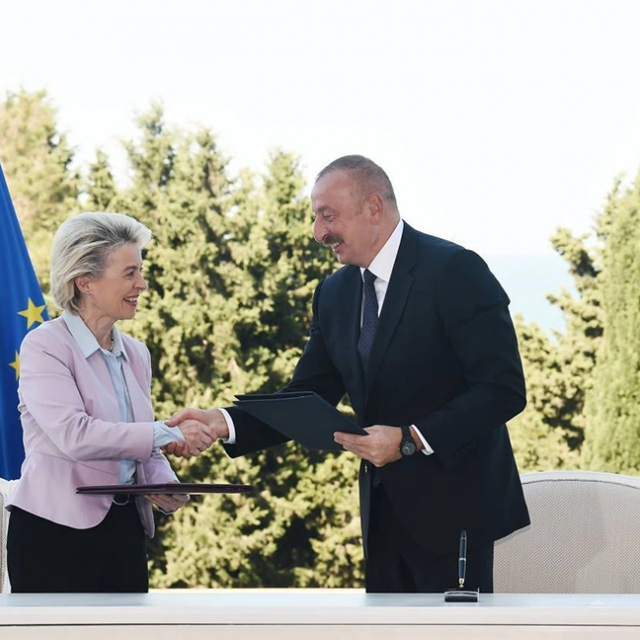Photo by Rohan Makhecha on Unsplash
The body representing the electricity sector in Europe has a new head to steer it for the coming years.
Leonhard Birnbaum – CEO of E.ON – takes the reins of Eurelectric, the trade body representing the European electricity industry in Brussels.
Joined by Vice Presidents Markus Rauramo – CEO of Fortum – and Georgios Stassis – CEO of PPC –, the new Presidency “makes a strong call to put in place the necessary enablers for a radical ramp up of electrification at a time when Europe needs to accelerate its decarbonisation and ensure its energy sovereignty.”
Strengthening electricity grids, rethinking Europe’s security of supply, and ensuring proper investment conditions will be their three key aims.
The body says that the global energy landscape is radically changing. War in Ukraine, what it calls “Russia’s overt energy blackmail and aggressive industrial policies worldwide” have put the EU’s political, economic and social cohesion under severe stress.
Achieving carbon neutrality and energy autonomy requires changing gears to accelerate clean and renewable electrification, it says.
A top priority in this regard is the expansion and digitalisation of the electricity infrastructure. By 2030, 50% of Europe’s low voltage lines will be over 40 years old, well past the midpoint of their lifespan, and will have to manage considerable amounts of renewables, heat pumps and electric vehicles. Connecting an additional 650GW by 2030 remains an unthinkable challenge without a modernised, resilient grid and flexible clean power.
“The big transformation of our economy and society happens in the power grids. We must urgently prioritise the growth and digitalisation of our infrastructure to enable consumers to reap the benefits of their own flexibility and ensure access to clean, reliable electricity. Policymakers and regulators need to supercharge the green agenda and support electrification. Simple cost control is no longer an option, and Eurelectric will be carrying this message loud and clear in Brussels and beyond, ” said Birnbaum.
Beyond getting the right infrastructure in place, more frequent cyber-attacks, military threats, and extreme weather events call on the EU to rethink its security of supply in coordination with its industrial and external policy.
Vice President, Markus Rauramo, said – “Political and industry leaders must now act decisively to defend the EU’s industrial competitiveness without delaying its decarbonisation, nor weakening the integrated energy market with disruptive intra-EU subsidies races. The decarbonisation of the heavy industry requires the availability of reliable and 24/7 clean energy at large scale.”
Vice President, Georgios Stassis continued, “The power sector is at the forefront of the unfolding energy transformation and there are two challenges lying ahead: scale and pace. To deliver reliable and affordable electricity to consumers while achieving our climate goals, we need a resilient electricity market structure that spurs investments and reduces the risk of future price spikes”.




